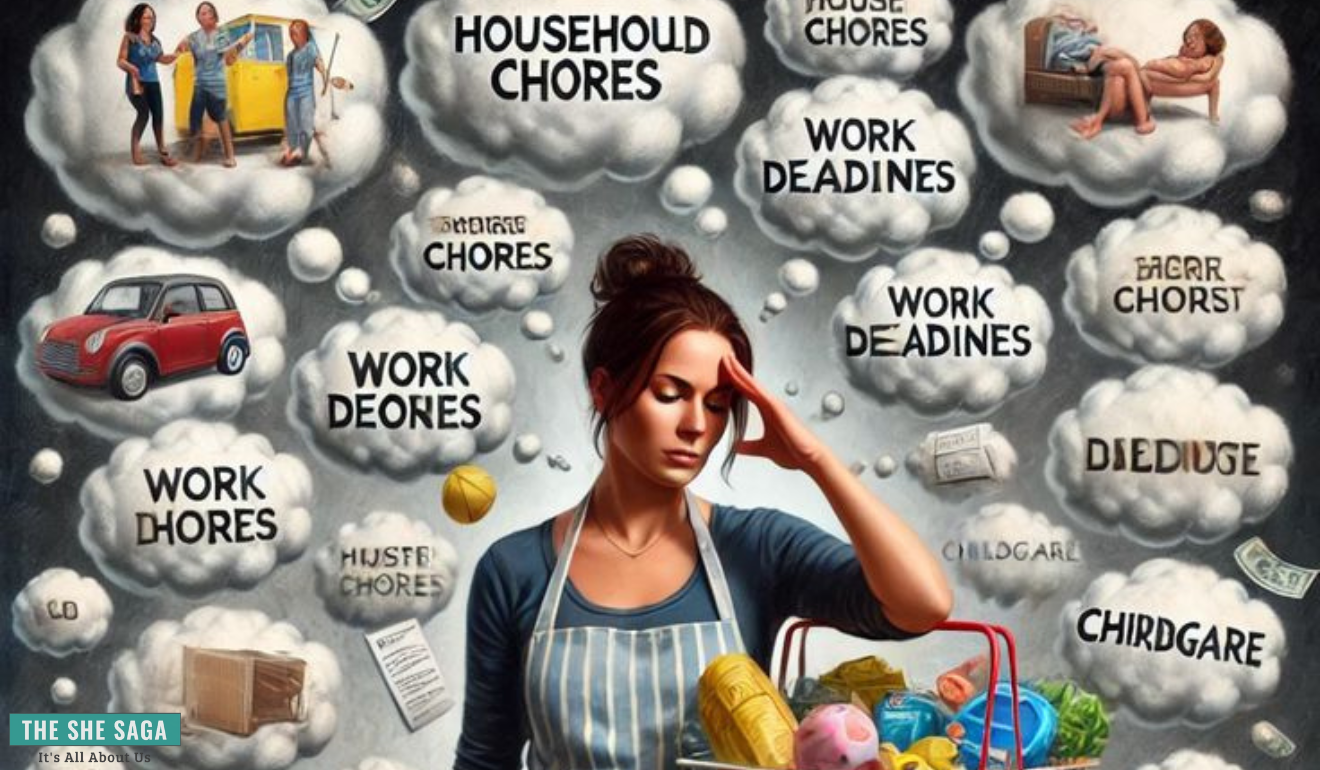“Why do people just stare, Mom?” This unexpected question from my young adult son nearly made me choke on the coffee I was enjoying. Looking into his intense eyes, I sensed the gravity behind his query. Typically, his lighthearted humor brings laughter to our daily routine, but today was different.
I swallowed and shrugged. “I thought you’d be used to it by now. After twenty-one years, you’d think the world would have settled the unease.”
“No, Mom. That’s not a convincing answer,” he retorted.
As I navigate the phase of reinventing parenting with my kids transitioning into adulthood, I’ve stopped offering immediate answers. Preparing them for life away from home, I encourage them to think independently, relying less on me. I believe I’ve imparted enough of my wisdom to help them be smarter and more capable at their age.

“What do you think makes them do that?” I countered, using my question-back approach.
A pause ensued as he sucked up the remains of the cold mocha brew before him. While they may be adults to the world, with parents, their most innocent, childlike selves often resurface. The incessant slurping from the straw began to irritate me, but I reminded myself of my resolve to reinvent parenting and settled back into the plush chair at the expensive café, waiting for his thoughts.
He glanced around, noticing a man still engrossed in the act of staring at him.
“Maybe they’re just bored and have nothing better to do?” he speculated.
Suppressing a laugh, I replied, “You’ll have to get used to this. It’s inherent in our social system. Unless it’s part of the academic curriculum, no one seems interested.”
“That’s a vague answer,” he responded, sensing my evasiveness.
My sixteen-year-old daughter, who had been busy tinkering with ice in her drink, offered her insight. “You just need to stare back. If we can be taught about good touch and bad touch, why can’t we classify gazes as good or bad?” She made a valid point, and I gave her a thumbs up for her wise thinking.
We returned to savoring our coffee, silently vowing to work on how we respond to different kinds of gazes.

The evening left me reflecting on the broader need to educate youth about these subtle yet significant social behaviors. If we, as a society, strive for a holistic approach to creating safer environments across genders, several aspects need attention:
- Introducing ‘Consent’ in Education: Incorporate discussions about consent and its implications into sex education.
- Life Skills Education: Schools should include lessons on the sensitivity required when sharing or consuming content on social media.
- Responsible Viewing: Platforms sharing adult content should emphasize the consequences of irresponsible consumption and distribution.
- Gender Support Awareness: Foster empowerment by raising awareness of how genders can support each other in healthy ways.
Additionally, it’s crucial to cultivate empathy and understanding in our communities, starting from a young age. Teaching children to recognize the impact of their actions, including seemingly minor ones like staring, can significantly alter social dynamics. Parents, educators, and society at large must collaborate to promote respectful behavior and understanding of boundaries.
This is merely the beginning. Institutional-level brainstorming can lead to greater involvement and impactful change. Shifting from merely preaching morality in textbooks to practicing it through awareness and empathy is achievable. I’ve shed the Superwoman tag, but if society insists on attributing superpowers, I’d rather be seen as a ‘Super-Human.’
As parents and community members, our role extends beyond guiding our children; we are also responsible for shaping a more respectful society. The journey towards change begins with conversations like the one I had with my son, where curiosity and concern meet to question the norms we’ve long accepted. Together, we can redefine these norms and create a world where everyone feels seen for the right reasons.
By Saravjot Hansrao
















Facebook Comments